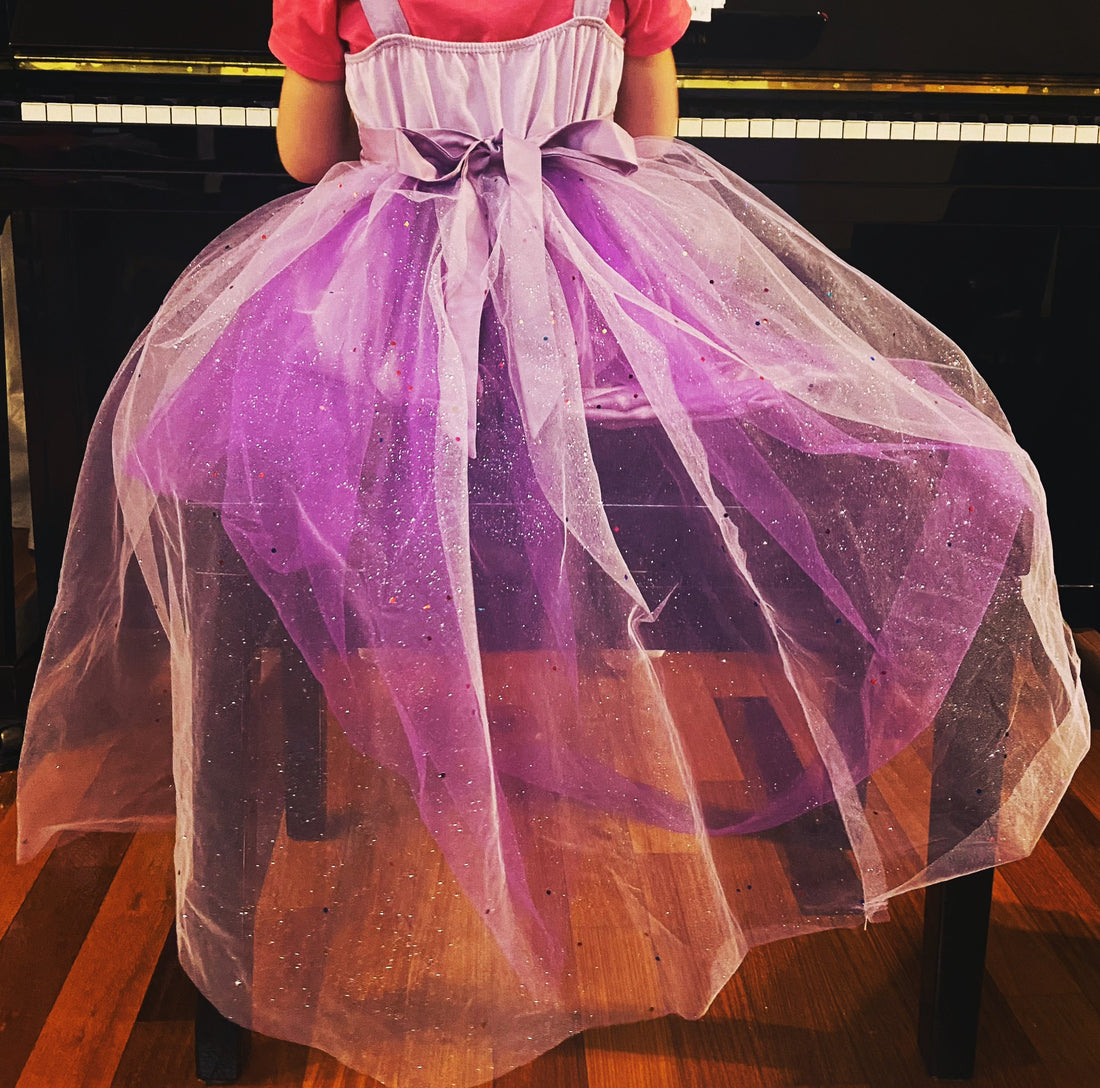
Making Music Actively Sparks Imagination: Why Playing Music Boosts Creative Thinking
Udział
Making Music Actively Sparks Imagination: Why Playing Music Boosts Creative Thinking

In a world increasingly driven by innovation, imagination is one of our most valuable mental resources. Surprisingly, one of the most powerful ways to boost it is through active music-making. Scientific research confirms: engaging in playing music, whether it's piano, guitar, voice, or percussion, doesn’t just enhance musical skill—it actually rewires the brain for creative thought.
Music-Making and the Brain: A Creative Workout
When you play music, your brain performs a complex dance. It processes sound, coordinates movement, interprets patterns, and expresses emotion—simultaneously. According to a study published in Nature Reviews Neuroscience, musical activity engages nearly every region of the brain. This includes the prefrontal cortex (linked to abstract thinking), the motor cortex, auditory pathways, and the limbic system (emotion and memory).
This multitasking strengthens creative cognition—the brain’s ability to generate new ideas, solve problems in novel ways, and imagine beyond the obvious.
Improvisation Unlocks Imagination
Research from Johns Hopkins University found that improvisation in jazz musicians shuts off the brain’s self-monitoring system and opens up areas responsible for free, unfiltered expression. This “flow state” helps musicians enter a creative mindset that’s similar to what writers and visual artists experience when they're "in the zone."
So whether you're inventing your own melody or interpreting a written one, you’re activating a mental space where imagination thrives.
Music Education as Creative Training
Children who learn to play an instrument often perform better in tasks requiring divergent thinking—the ability to come up with multiple solutions to a problem. According to a 2020 study in Psychology of Music, kids involved in long-term instrumental training showed significantly higher scores in imagination and verbal creativity tests than their non-musical peers.
That’s why music programs in schools aren’t just “fun extras”—they are powerful tools for developing young minds.

Beyond Notes: Expression, Emotion, and Vision
Unlike passive listening, active playing forces you to interpret emotion, tell stories, and express feelings through sound. This process draws heavily on the imaginative faculties—like visualizing a scene for a piece of film music or interpreting abstract concepts in contemporary compositions.
The creative benefits extend even to adult learners. Many people find that learning an instrument later in life boosts not only their cognitive flexibility but also emotional depth and resilience.
Conclusion
Active music-making is not just a technical or emotional exercise—it’s a creative revolution for your brain. Whether you're a beginner picking up your first ukulele or a professional pianist exploring new interpretations, the act of playing music trains you to think more imaginatively, respond more flexibly, and express yourself more fully.
